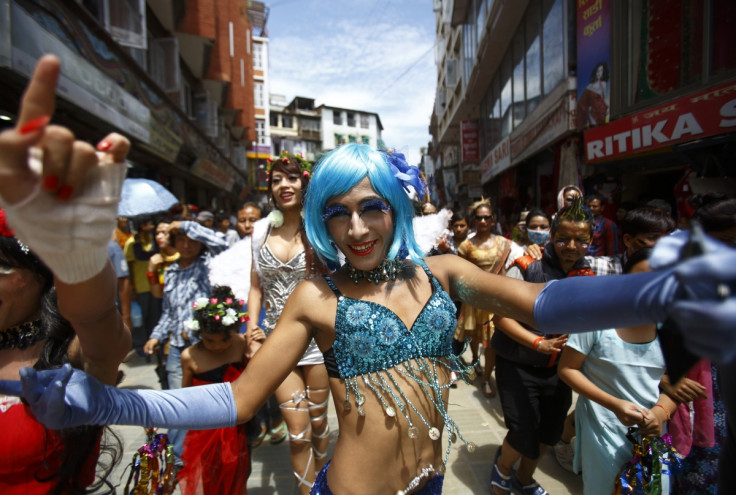Nepal becomes first Asian nation to include non-discriminatory laws for LGBT community

In a first for an Asian nation, Nepal has added explicit laws and rights of the LGBT community in its new constitution, but does not recognise same-sex marriage. The Himalayan nation is now the third country in the world, after South Africa and Ecuador, to provide constitutional protection to LGBT individuals.
Under the new constitution, the LGBT community is protected against discrimination, violence and abuse. However, it makes no mention of same-sex marriage, apparently ignoring a recommendation by a panel. Issues related to marriage will still be handled by a civil code. Human rights activists say Nepal has made a start and laid down a path that could culminate in legalisation of same-sex marriage.
"This new constitution makes clear that we can be proud of our LGBT identities, and that we can be proud citizens of Nepal," Sunil Babu Pant, founder of Blue Diamond Society and Asia's first openly gay federal Member of Parliament, was quoted as saying by Northeasttoday. "This victory is just the beginning of our long road towards full equality. We are ready to move beyond the discrimination, violence and exclusion of the past, and continue with even greater integrity, responsibility and dedication to contribute to the nation-building process."
In 2007, the nation's Supreme Court granted equal status to people from the LGBT community after it heard a case filed by a LGBT group. The court also considered same-sex marriage but then sought a panel to study the issue.
In recent times, neighbouring countries India and Pakistan have granted third gender status to its transgender community. Still, people from the transgender community face rampant discrimination in both India and Pakistan, where homosexuality is a punishable crime.
Nepal endorsed its first federal constitution on 16 September, after the country abolished the 239-year-old monarchy by a parliamentary vote in 2008.
© Copyright IBTimes 2025. All rights reserved.




















